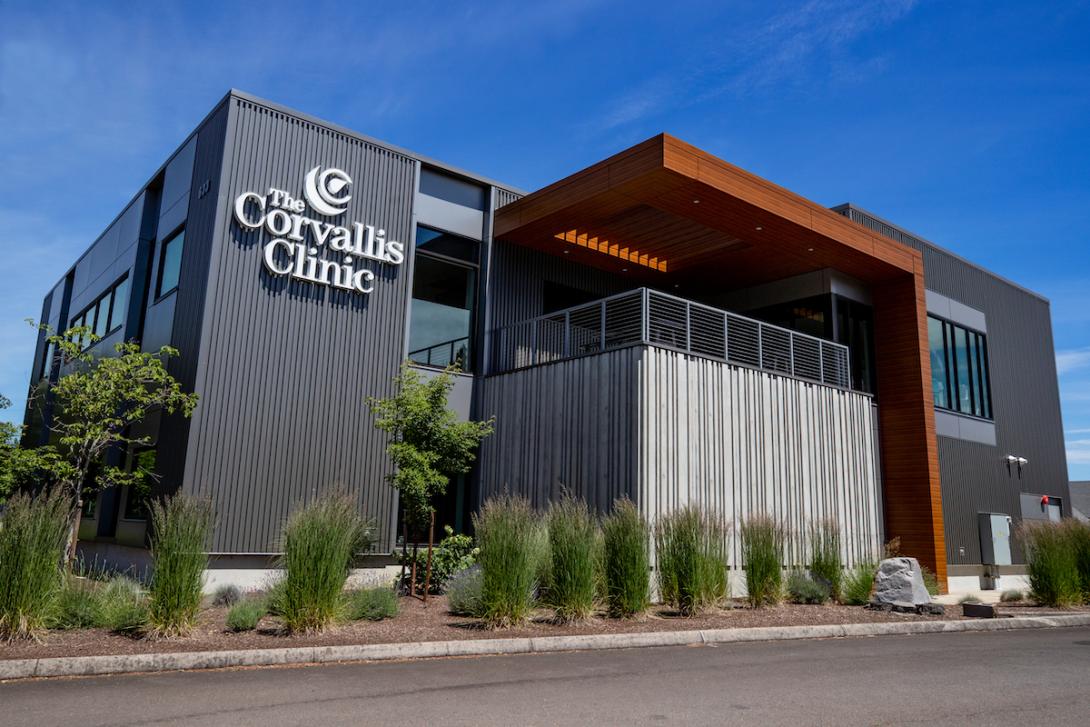
The Corvallis Clinic is on the brink of insolvency and can proceed immediately on its sale to giant UnitedHealth Group without state-imposed conditions, the state’s mergers review program ruled on Wednesday.
The nod came just five days after the clinic group’s local owners asked the state to exempt the deal from further review because of the financial crisis the business faced.
The state’s Health Care Market Oversight program examined the company’s financials, including projections for this month and April, the state said in its exemption decision.
The numbers “depict a grim financial projection and threatened immediate closure of (the clinic group),” the state said in its ruling. Absent the sale “as expeditiously as possible, (the clinic group) is expected to be insolvent in the immediate term,” the ruling said.
It’s the first time a health care entity undergoing a merger review in the two-year-old state program has asked for and received a waiver based on a looming financial crisis.
In comments to the state earlier this year, hundreds of clinic patients, Oregon physicians and others protested the proposed sale of the 600-employee, 11-facility clinic system, a dominant primary and specialty health care provider in the mid-Willamette Valley.
The proposed deal had been undergoing state review when the clinic and UnitedHealth’s Optum arm on March 8 applied for emergency exemption from further review.
Some health care advocates criticized that move and said they were frustrated by the failure of the state, the clinic and Optum to disclose financial details justifying the exemption.
But the state said its confidential review and its ruling met state regulations.
In her ruling, the review program’s manager, Sarah Bartelmann, wrote that the state found the clinic’s situation met two key state criteria for exemption: there was an “emergency” that “immediately threatens health care services,” and “ the transaction is urgently needed to protect the interest of consumers and to preserve the solvency of an entity.”
The clinic and Optum had “presented to OHA that the proposed transaction will stabilize and increase (the clinic’s) ability to provide improved patient access and would preserve primary care and specialty access in (the clinic’s) service area,” she wrote, adding, “The proposed transaction will provide (the clinic) with access to working capital allowing (the clinic) to continue to pay rent, payroll, and other expenses, and will stabilize the business.”
Created by the Legislature, the review program is required to ensure that deals don’t reduce health care services, drive up prices excessively or otherwise hurt the public interest. But the law allows deals to be exempted based on an emergency.
The clinic submitted its bid to skip the review after weeks of negotiations with market oversight program officials.
In mid-February, the state, in a draft order it shared with the clinic, proposed letting Optum buy the clinic group, but only with many exacting conditions that would be in place for years and give the state considerable control over the business.
The proposed terms included requiring Optum to keep in place all the clinic group’s facilities and services for at least 10 years after completing the purchase. The draft said Optum could reduce its services or facilities during that time only with state review and approval. The draft also proposed restrictions on how the clinic could negotiate payments from health insurance companies; required establishment of a community advisory board to monitor the clinic’s practices and make recommendations; sought to ensure Optum keep the clinic’s current staff levels in place for up to two years; and restricted non-compete agreements Optum could impose on employees.
The clinic group’s owners and Optum balked, and three weeks later they sought the emergency exemption.
A spokesperson for Optum, Aaron Albright, told The Lund Report in an email he wasn't sure when the sale would close. He said his company would provide “new resources and tools that will help provide long-term sustainability. The Corvallis Clinic will continue to deliver high-quality local care to patients, supported by the additional capabilities of Optum, allowing The Corvallis Clinic to deepen its ability to care for the health and wellbeing of patients and communities through team- and value-based care.”